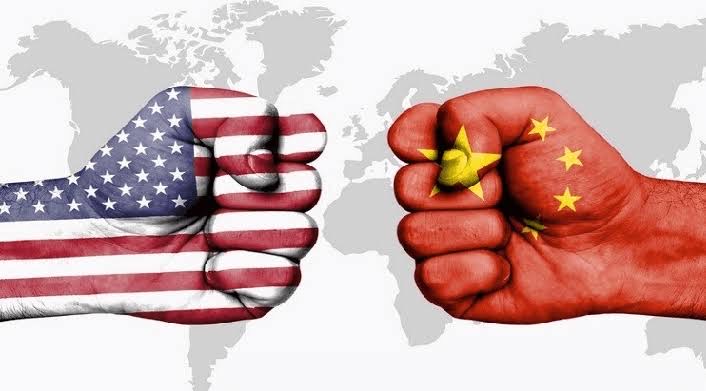Cutting China off from the U.S. will be detrimental to the economy, report says

The United States and China may seem to be the worst of enemies as both economies struggle for world power. With the ongoing trade war between both nations and high import taxes, both economies fail to realize that they are interdependent, according to a recent report.
The U.S. Chamber of Commerce and Rhodium Group jointly released a report on Wednesday cautioning that the United States could lose as much as $1 trillion worth of production or more in the long-term economic competitiveness. A move to expand U.S. tariffs of 25% to all trade with China would most likely cost the U.S. $190 billion per year in GDP, the report revealed.
The tensions between the U.S. and China seemed to have heightened during the former Trump administration. The past administration used measures such as tariffs, sanctions, and tightened scrutiny of cross-border financial flows to check China’s lack of intellectual property protection and other operations that could affect other countries. U.S. President Joe Biden is determined to maintain this stance on China. But the authors of the report, which began in 2019, have warned that utmost caution should be applied as possible losses could be surface, these include:
A loss of $190 billion a year in the U.S. if tariffs are expanded beyond 25% to all trade with China. In the coming years, this would cause the U.S. to fall short of potential growth by $1 trillion.
A loss of $15 billion to $30 billion each year in exported service trade. This would happen if Chinese tourism and education drop to half of what it was before the coronavirus pandemic.
Up to $500 billion in one-time GDP losses if the United States attempts to sell half of its direct investments in China. Also, American investors would lose $25 billion per year in capital gains.
While there may be lots of damages attached to the separation of the U.S. and China, it goes beyond both countries. Other countries will also be affected forcing them to reconsider doing business with the U.S. for fear of being cut-off eventually. Also, a separation will increase costs for American businesses in general which will reduce that global competitiveness, according to the report.
The report mostly focused on the impact separation could have on the aviation, semiconductor, chemicals, and medical devices industries. The authors of the report said that cutting off from China’s massive airplane market could cost the U.S. $875 billion by 2038.
One of the U.S. main concerns with China is its likelihood to mishandle data and specific technology licenses. However, completely cutting off U.S. businesses from China would most likely have greater consequences that will affect the U.S. economy in the coming years.
“It is critical that U.S. chip firms retain access to the Chinese market and are able to reinvest revenues from their China sales back into U.S.-based chip production and R&D to maintain their global leadership position, enabling the U.S. to set the standards for the future.”
Rather than completely cut ties, the report suggests that both countries should review their trade policies. This will require some painful adjustments and some costs but may be the best way forward.
The report states that a potential “policy engineering” will require “the central role of market forces in determining winners, and the finite capacity of governments to redistribute resources to ease the process,” and this must the respected.


Be the first to comment!
You must login to comment